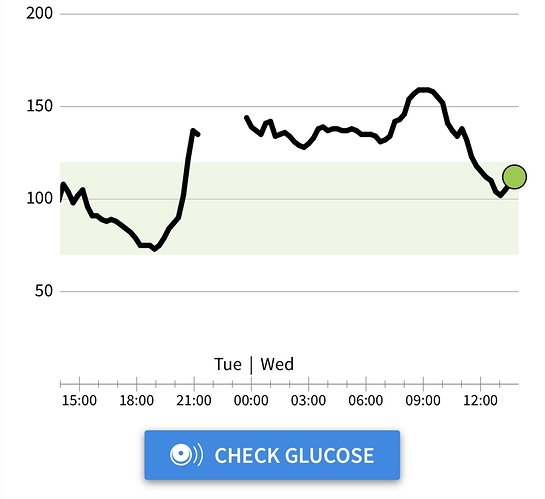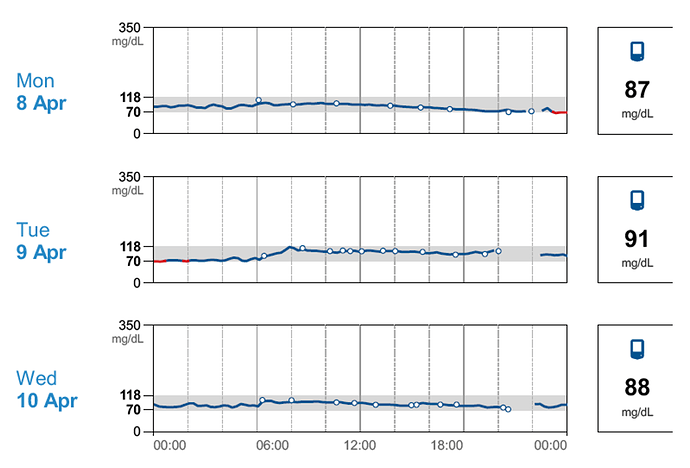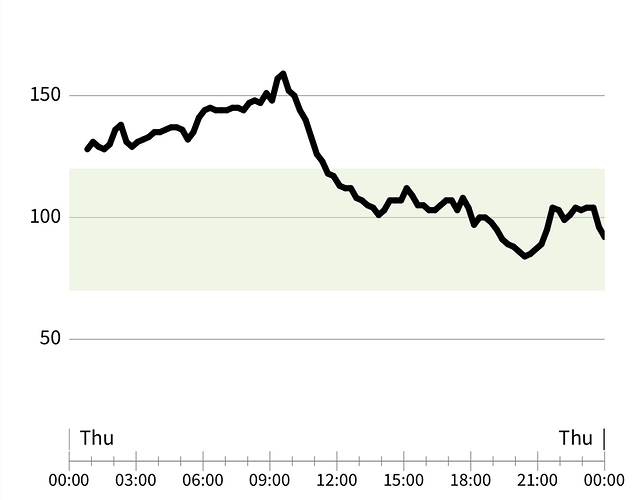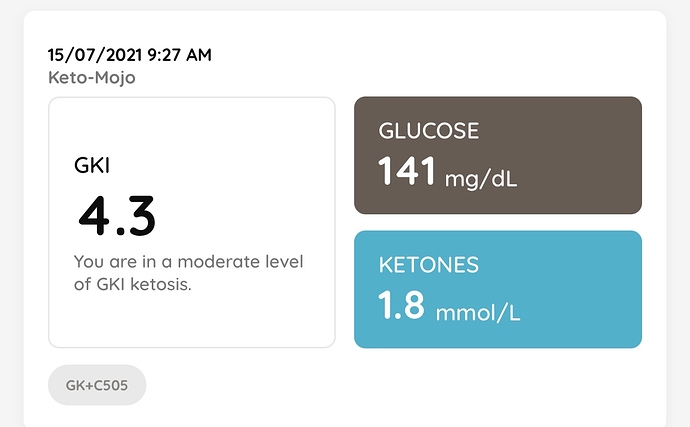- I feel at a total loss. I have been keto for 4 years; at the beginning things where going well I was seeing good progress; weight moved, depression fell away, and my BG was under control.
I now find myself the same weight (don’t really care), depression is off and on (hoping one thing lead to another), and my BG is slightly out of control. The reason I say slightly is because if you look at my BG (I wear a CGM) it starts 120-140 and goes as high as 250 then falls off at the end of the day. Now I know what your thinking Dawn Phenomenon? Well maybe. But I have had cortisol checked and it’s been normal. Isn’t it supposed to fall of or go away after a few years? Something clearly isn’t right. After 4 years of keto shouldn’t it regulate better? We went down the Cushings rabbit hole and if I was at one time I’m not now. - The times I have had normal BG was: after a 4 day fast (not currently sustainable), working out like a crazy person (3 hours a day 4 times a week), and doing all the things they tell you not to do with fat and keto products. (Butter and cheese, salts and mct oil)
- Because of the high BG they wanted me on a new medication. GLP-1’s are out of the picture because of sleeve surgery, I had a sever (TMI) yeast infection from invokana (but it did work), so my Endo gave me jardiance. Which work Beautifully the first day; highest registered BG 250 then it plummeted to 85 within 3 hours. (It made my head spin literally) but by the 3rd day I was eating every 2 hours feeling awful and registered a low of 54. I was pale and out of it (cognitively). I had done some research but I didn’t find out till after I stopped it that it’s not uncommon to have DKA with low carb or keto people. Oops.
This really put me at my wits end. I really don’t know where to go from here. I don’t know what to try and I’m trying to find a reason it’s worth it.(it’s the depression talking; not suicidal) so I’m throwing it here and hoping for some thoughts, encouragement, and advice. I know no doctor-patient relationship is formed. But experiences are welcomed. Maybe I’m the only one?
P.S. I’m glad the dudes are back I really needed this right now.





